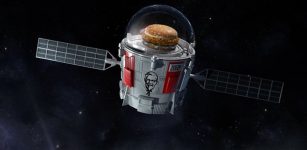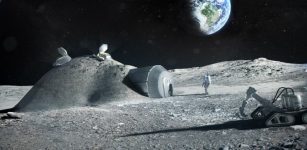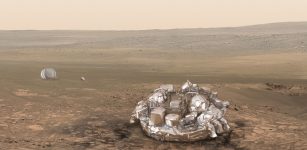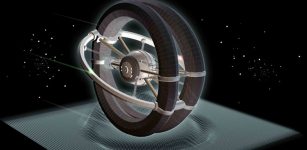Should We Alter Astronauts’ DNA For Future Mars Missions?
MessageToEagle.com – As much as we want to explore space and about the Universe there are certain issues we must consider. Not only do we face technological obstacles, but there are also limits to what the human body is capable of withstanding.
One of the many dangers our astronauts face is cosmic radiation. When humans travel beyond the Earth’s magnetic field for prolonged periods, they are exposed to charged atomic nuclei that can rip through DNA and increase the risk of both cancer and dementia.
Douglas Terrier, Nasa’s acting chief technologist has now suggested it’s possible to manipulate DNA of astronauts headed to Mars to protect them from cancer-causing cosmic radiation. By altering the astronauts’ genes and genetic activity
The US space agency plans to launch its first manned mission to the planet between 2030 and 2040, but the agency still has to overcome challenges at the limits of modern science. Sparing the crew from the effects of the high-energy particles that will pepper their bodies will be one of the hardest.
See also:
Mysterious Unexplained Deep Hole Discovered On Mars Near The South Pole – A Crater Or Collapsed Pit?
Mystery Of Planet V – Was There Once A 5th Planet Between Mars And The Asteroid Belt?
The Great Flood On Ancient Mars – What Caused It?
According to a 2014 study on space radiation risks, astronauts would be exposed to levels of galactic cosmic ray radiation that would exceed their lifetime limit – within just two years. Astronauts headed to Mars would be exposed to radiation for at least this time period.
The astronauts could have armor or an electromagnetic force field to protect them, but this is not very practical, Douglas Terrier said.
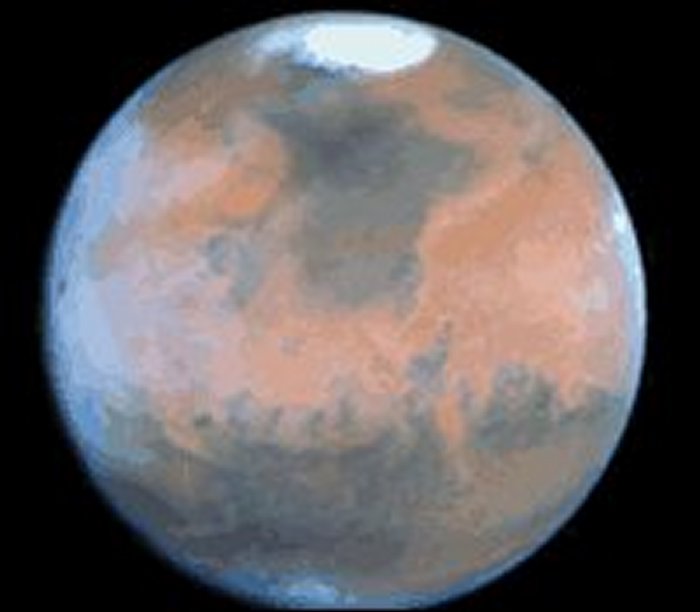
We’re looking at a range of things, from drug therapies, and those seem to be quite promising, to more extreme things like epigenetic modification,” Terrier said. “I think those have a lot of ethical consequences so they’re still in the experimental thought stages.”
Epigenetic modifications would involve altering the way genes are read without changing the actual DNA code. This would be achieved by altering chemicals that control gene volumes so their activity could be silenced or amplified in a given situation.
Genes could also be changed to boost the cell resilience. This way, cancer and radiation-related issues could be prevented from developing.
The spaceship to Mars would be run by a “strong” artificial intelligence program that could identify diseases and direct robotic surgery, Terrier said. This is necessary because of the 20-minute delay in communicating with Earth.
The 100 million-mile journey to Mars could be sped up with the use of sun-powered ion thrusters which the space agency is developing.
MessageToEagle.com



